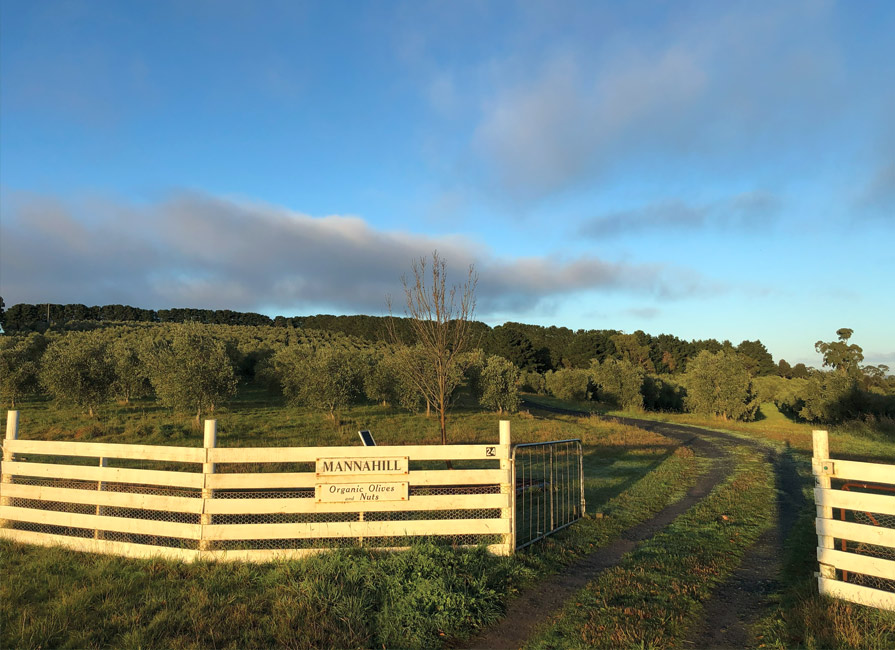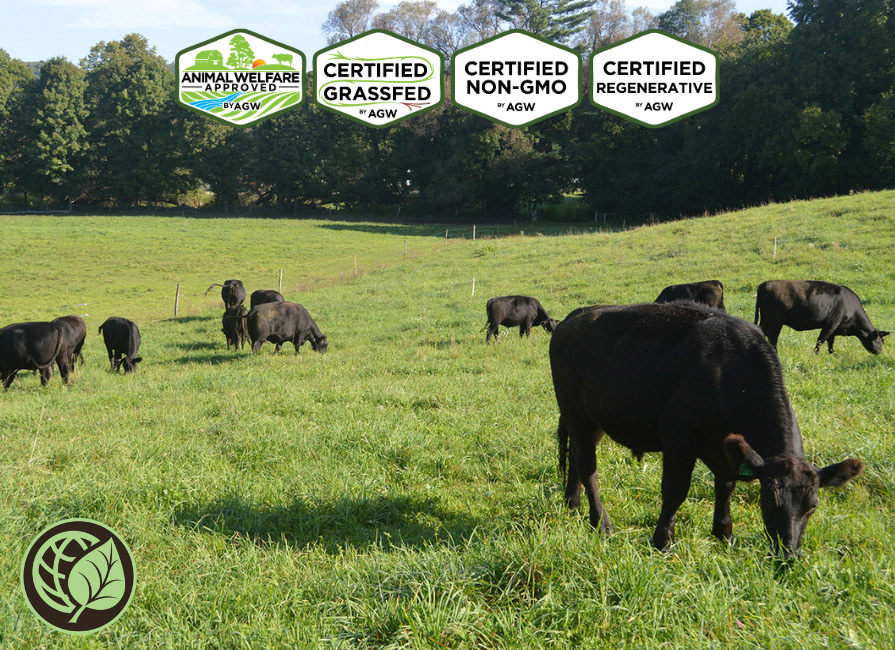One of the key attractions of our Certified Regenerative by AGW program is its practical…
Animal Factory Weaves the Personal and Political for a Compelling Look at Industrialized Animal Farming
 P.T. Barnum famously said, “There’s a sucker born every minute,” and if he were alive today, he would probably be cozily ensconced in the corner office of a large agricultural company–particularly one that makes its profits selling industrialized animal farming to the public. Award-winning journalist David Kirby’s gripping new book, Animal Factory: The Looming Threat of Industrial Pig, Dairy, and Poultry Farms to Humans and the Environment (St. Martin’s Press), exposes industrialized agriculture for the cruel, polluting, disease transmitting, manure-soaked con game that it is. Think that’s too harsh? By the end, one of the everyday heroes that makes the book such a compelling read, hardy ex-Marine Rick Dove, ends up with a severe case of antibiotic resistant E. coli after a tumble in a creek flooded with chicken manure from a nearby industrial chicken operation. The infection nearly kills him.
P.T. Barnum famously said, “There’s a sucker born every minute,” and if he were alive today, he would probably be cozily ensconced in the corner office of a large agricultural company–particularly one that makes its profits selling industrialized animal farming to the public. Award-winning journalist David Kirby’s gripping new book, Animal Factory: The Looming Threat of Industrial Pig, Dairy, and Poultry Farms to Humans and the Environment (St. Martin’s Press), exposes industrialized agriculture for the cruel, polluting, disease transmitting, manure-soaked con game that it is. Think that’s too harsh? By the end, one of the everyday heroes that makes the book such a compelling read, hardy ex-Marine Rick Dove, ends up with a severe case of antibiotic resistant E. coli after a tumble in a creek flooded with chicken manure from a nearby industrial chicken operation. The infection nearly kills him.
Rick Dove is just one of the ordinary citizens-turned-activists that Kirby follows in Animal Factory, and he wisely lets the power of their stories drive the narrative. For Rick Dove of New Bern, North Carolina, Helen Reddout of Yakima Valley, Washington and Karen Hudson of Elmwood, Illinois, farming originally meant what we’ve all been taught to believe—happy animals standing in lush grasses with a welcoming red barn in the background. It’s not until Concentrated Animal Feeding Operations, known as CAFOs, move nearby, complete with stench and large manure spills, that they begin to realize what today’s industrialized agriculture really represents. Polluted fields and waterways, cruelly confined and mistreated animals, dreadful working conditions, fish kills, stink, illness.
Kirby is an experienced investigative reporter, Huffington Post contributor and the author of Evidence of Harm, an investigation into the possible link between mercury in vaccines and autism. For the latter he won the 2005 Investigative Reporters and Editors Award. In Animal Factory he skillfully weaves the personal and political to expose a world where profit and efficiency come at a steep price to people, animals and land. In Kirby’s capable hands, Animal Factory reads like a political thriller, but the stakes are hardly imaginary.
Corporate agriculture maintains that you can’t feed the world, much less the United States, without CAFOs to make meat, dairy and eggs plentiful and affordable. While Michael Pollan and others have talked about the “true” cost of food, Animal Factory plainly illuminates the incomprehensibility of industrialized animal farming. It’s a system where seemingly no one but the parent company profits yet all are at risk. Not only do the regions where CAFOs are located experience an alarming rise in pollution and reciprocal loss of quality of life, but the systems lead to increased and more deadly risk to humans from diseases such as antibiotic resistant E. coli and mad cow disease (BSE).
At its core, Animal Factory is a personal story—a story of individuals coming together to protect their land, the health of their community, the dignity of the farm animals and the safety of the nation’s food supply. Kirby uses the activists’ stories as the backbone of his book, weaving in science, statistics and politics to enhance but not overwhelm the reader’s experience. No doubt it’s been an unwelcome surprise to industrialized agriculture that three such disparate people as Rick, Karen and Helen would ever find each other, much less build a movement that is forcing them to be accountable, but they did. Using their compelling stories, Kirby shines a light into the dark corners of industrialized agriculture and what he finds isn’t pretty.


